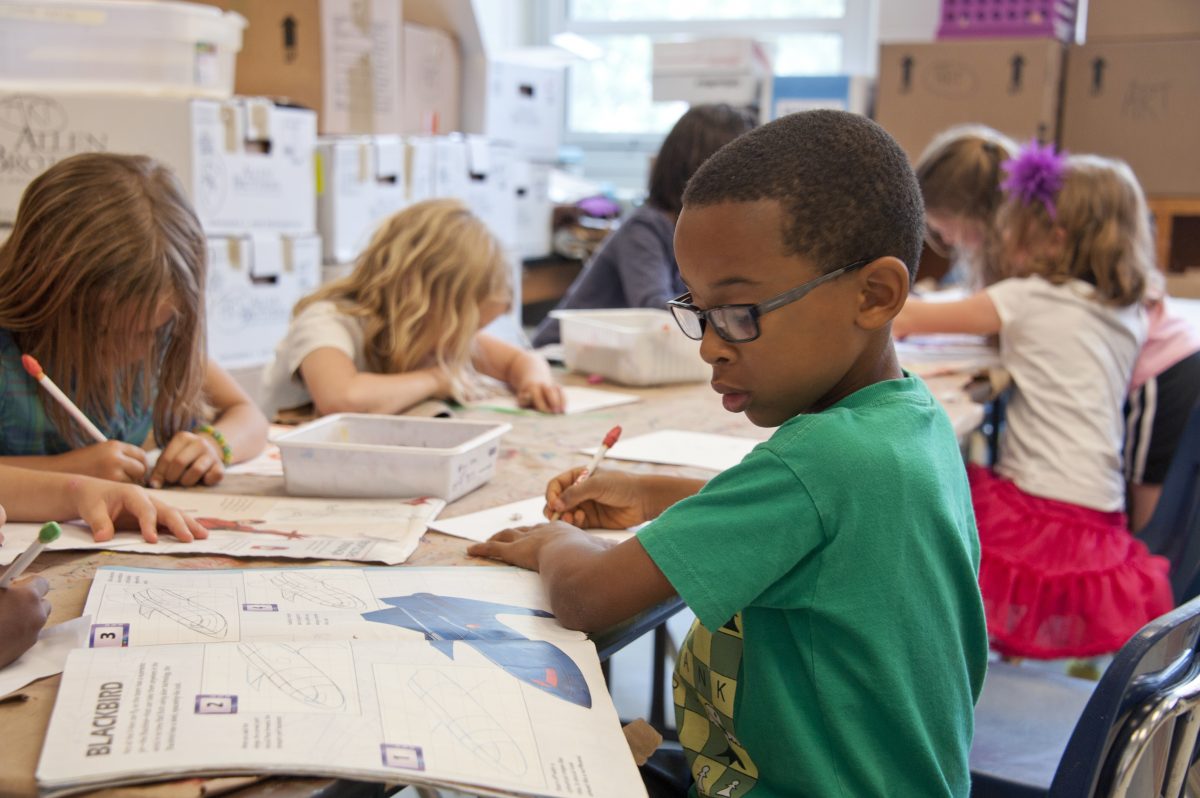As we emerge gradually from the coronavirus pandemic, all eyes turn to recovery, and on the economy, employment, and education. If we’ve learned anything from the past year, it’s that schools are not just places of learning; they play a vital role in supporting children and their families, which is much broader than helping them to get the best grades, no matter what their background. We’ve watched schools become foodbanks, or offer support to families who’ve lost loved ones to the pandemic. They’ve continued to play their vital safeguarding role, picking up issues in their students’ lives and getting them the help they need.
So I’m delighted to be joining What Works for Children’s Social Care at a time when we are expanding our work with schools. The most vulnerable children in our society – those who are getting support from a social worker – need everyone around them to be working together to get them the best outcomes possible.
Our education programmes fall into two broad categories: 1) helping children with a social worker to improve their educational attainment; and 2) supporting schools to be able to spot any issues accurately and to provide appropriate support for children who are experiencing or who are at risk of harm or neglect.
The first category is important because the evidence tells us that children with a social worker do, on average, worse at school than their peers. Our work on raising attainment includes funding new trials of projects that have already been evaluated by the Education Endowment Foundation (EEF) and that we, through our Signs of Potential analysis, identified as having the potential to have a positive impact on the children we are trying to support. Sometimes, we have adapted the intervention to make it more relevant for the young people we are trying to help. For example, the EEF evaluated Catch Up Literacy – a targeted intervention that supports reading skills – using teaching assistants in schools. In our trial, which is about to start, we are instead using foster carers, who will be randomly assigned to receive Catch Up Literacy training or not, to see if this improves the reading skills of children in their care.
The second category involves interventions that recognise that schools are not expert social workers, and shouldn’t be expected to be. We are testing projects that instead provide that expert support, to see if this leads to better identification, and therefore, more appropriate referrals to local authority safeguarding teams. Social Workers in Schools does what it says on the tin – an additional social worker is recruited by the local authority and placed in the randomly allocated schools. The trial in 21 local authorities follows on from three initial studies, which showed the model is feasible.
We are also trying to respond rapidly to issues that we know schools are worried about. In the wake of the tragic murder of Sarah Everard, and the brave confessions of students through websites such as Everone’s Invited, schools and local authorities have told us that they need more support on tackling sexual abuse. We are currently setting up a trial to complement our existing work on providing social work supervision for Designated Safeguarding Leads – school staff members with a responsibility to identify and escalate safeguarding concerns – by involving 500 schools in a new trial of enhanced supervision, focused on tackling child sexual abuse.
Each of these projects – like all of our projects – is being independently evaluated. We will start to get results from these trials next year. Whatever the impact, it will be vital information for schools, virtual schools and local authorities to consider, at a critical time when the impact of the pandemic – all those months of missed schooling, and of families being stuck at home together – is still being felt.

